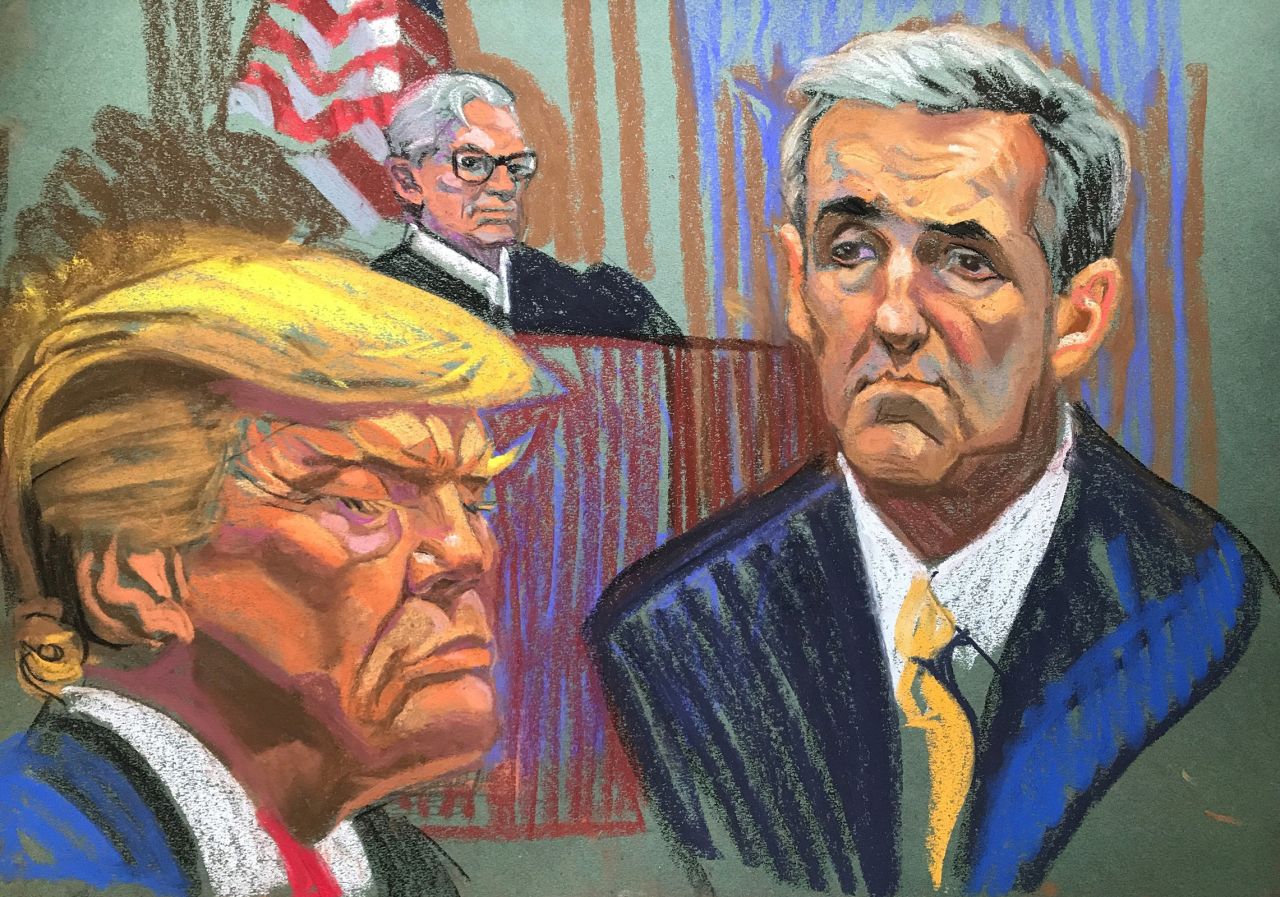We are in the sixth week of court proceedings in Donald Trump’s historic hush money criminal trial.
To refresh your memory, here are the key moments and witnesses from the trial so far:
April 15: Trial began with jury selection.
April 19: A panel of 12 jurors and six alternates was selected.
April 22: The prosecution and defense made their opening statements. Former tabloid boss David Pecker was called to testify.
April 23: Judge Juan Merchan held a Sandoval hearing for Trump’s alleged gag order violations, but reserved his decision. Pecker continued his testimony.
April 25: While Trump sat in the Manhattan courtroom listening to Pecker’s testimony, the Supreme Court in Washington, D.C., heard arguments on the matter of his immunity in special counsel Jack Smith’s election subversion case against him.
April 26: Pecker’s direct questioning and cross-examination concluded. Trump’s former longtime assistant Rhona Graff was called to testify briefly. Michael Cohen’s former banker Gary Farro was then called to the stand.
April 30: Farro’s testimony concluded. Prosecutors then called Dr. Robert Browning, the executive director of C-SPAN archives, and Philip Thompson who works for a court reporting company. Then, Keith Davidson, the former attorney for Daniels and McDougal, took the stand. Also, Merchan fined Trump $9,000 for violating a gag order.
May 2: Davidson’s testimony concluded. Digital evidence analyst Douglas Daus was called to testify.
May 3: After Daus finished testifying, Georgia Longstreet, a paralegal at the district attorney’s office, spoke about reviewing Trump’s social media posts for this case. She was followed by Hope Hicks, once a longtime Trump aide. Her highly-anticipated testimony was a little less than three hours.
May 6: Prosecutors called two witnesses who worked in accounting in the Trump Organization: Jeffrey McConney, a former Trump Org. controller, and Deborah Tarasoff, an accounts payable supervisor.
May 7: Prosecutors called Sally Franklin, the senior vice president and executive managing editor for Penguin Random House publishing group. After her testimony, Stormy Daniels was called to the stand.
May 9: Stormy Daniels finished her testimony, with the defense trying to undermine her credibility by pointing out inconsistencies in her story on cross-examination.
May 10: Former White House aide Madeleine Westerhout’s testimony concluded. Then prosecution called several custodial witnesses to the stand.
May 13: Former Trump attorney and the prosecution’s key witness, Michael Cohen, started testifying.
May 14: The prosecution completed direct questioning of Cohen and Trump’s defense began cross-examination.
May 16: Trump’s defense grilled Cohen, putting into question a key 2016 October call and asking him about the times he lied under oath.
Read a full timeline of key moments here.
















